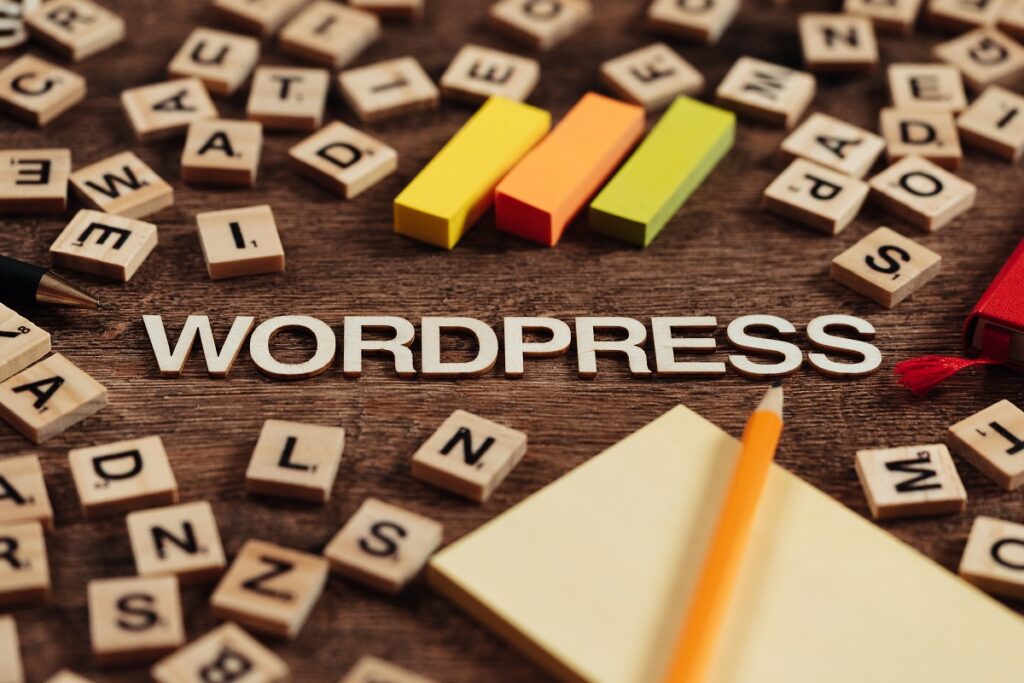WordPress, known for its versatility and ease, sometimes requires a bit of tweaking to ensure optimal performance and security. Today, we’ll explore a powerful technique that can significantly enhance both speed and security: blocking external HTTP requests.
How External Requests Impact Performance and Security?
- Performance: When your WordPress site makes external requests, it waits for responses from those external servers. This can add delays, slowing down page loading times.
- Security: External requests can introduce vulnerabilities if the external servers are compromised or malicious.
The Code: Explained
define( 'WP_HTTP_BLOCK_EXTERNAL', true );
define( 'WP_ACCESSIBLE_HOSTS', '…' ); // List of whitelisted hosts
define( 'AUTOMATIC_UPDATER_DISABLED', true );
define( 'WP_AUTO_UPDATE_CORE', false );
// … additional functions for handling plugin and theme updatesUnderstanding the Code
This PHP code is designed to:
- Block external HTTP requests.
- Disable automatic updates for plugins, themes, and core WordPress updates.
Key Components of the Code:
- Blocking External HTTP Requests:
define( 'WP_HTTP_BLOCK_EXTERNAL', true );- This line blocks all external HTTP requests from your WordPress site, which can reduce load times and improve security by preventing unwanted data exchanges with external servers.
- Specifying Accessible Hosts:
define( 'WP_ACCESSIBLE_HOSTS', '...' );- Despite blocking external requests, you might still need to allow specific domains (like API servers or service providers). This line lists the allowed hosts, ensuring that your site can still communicate with essential external services.
- Disabling Automatic Updates:
define( 'AUTOMATIC_UPDATER_DISABLED', true );define( 'WP_AUTO_UPDATE_CORE', false );- These settings turn off the automatic updater for WordPress, which can be crucial for sites where updates need to be controlled and tested in a staging environment before applying them to the live site.
- Custom Filters to Deny Plugin and Theme Updates:
add_filter( 'http_request_args', 'bt_deny_plugin_updates', 5, 2 );add_filter( 'http_request_args', 'bt_deny_theme_updates', 5, 2 );- These filters intercept WordPress’s update checks for plugins and themes, ensuring that updates are not automatically applied. This is especially useful for customized themes or plugins where updates might overwrite custom code.
Complete Code
define( 'WP_HTTP_BLOCK_EXTERNAL', true );
define( 'WP_ACCESSIBLE_HOSTS', 'maps.googleapis.com,api.sendgrid.com,sendgrid.com,wp-rocket.me,api.cloudflare.com,search.google.com,maps.googleapis.com,' );
define( 'AUTOMATIC_UPDATER_DISABLED', true );
define( 'WP_AUTO_UPDATE_CORE', false );
add_filter( 'http_request_args', 'bt_deny_plugin_updates', 5, 2 );
function bt_deny_plugin_updates( $r, $url )
{
if ( 0 !== strpos( $url, 'http://api.wordpress.org/plugins/update-check' ) )
return $r;
$plugins = unserialize( $r['body']['plugins'] );
if($plugins->active!=null){
unset(
$plugins->plugins[ plugin_basename( __FILE__ ) ],
$plugins->active[ array_search( plugin_basename( __FILE__ ), $plugins->active ) ]
);
$r['body']['plugins'] = serialize( $plugins );
}
return $r;
}
add_filter( 'http_request_args', 'bt_deny_theme_updates', 5, 2 );
function bt_deny_theme_updates( $r, $url )
{
if ( 0 !== strpos( $url, 'http://api.wordpress.org/themes/update-check' ) )
return $r;
$themes = unserialize( $r['body']['themes'] );
unset(
$themes[ get_option( 'template' ) ],
$themes[ get_option( 'stylesheet' ) ]
);
$r['body']['themes'] = serialize( $themes );
return $r;
}How to Implement
To implement this code:
- Access your WordPress site’s
functions.phpfile or a site-specific plugin. - Insert the provided code snippet.
- Modify the
WP_ACCESSIBLE_HOSTSline to include or exclude domains based on your requirements.
Decreasing Page Load Times
- Blocking Unnecessary External HTTP Requests:
- By using
define( 'WP_HTTP_BLOCK_EXTERNAL', true );, the code blocks all external HTTP requests by default. External requests can significantly slow down your website because each request requires additional processing time and waiting for responses from external servers. By limiting these requests, your website can load faster, as it only processes essential internal requests.
- By using
- Controlled External Communication:
- The
WP_ACCESSIBLE_HOSTSline allows you to specify which external hosts your site can communicate with. This targeted approach means your site only connects to external services that are necessary for its functionality, like Google Maps or payment gateways. This selective connectivity reduces the overhead of handling multiple external requests, leading to faster page load times.
- The
- Reducing Update Checks:
- The custom filters for denying plugin and theme updates (
wpse_102554_deny_plugin_updatesandwpse_102554_deny_theme_updates) can indirectly impact page load times. By controlling update checks, you reduce the frequency of calls to WordPress.org servers, which, although not a major factor, can slightly improve backend performance.
- The custom filters for denying plugin and theme updates (
Increasing Security
- Mitigating External Threats:
- By blocking external HTTP requests, the code significantly reduces the surface area for attacks. Many security vulnerabilities arise from external interactions, such as API calls to compromised or malicious servers. By limiting these interactions, you reduce the risk of security breaches.
- Preventing Unauthorized Data Transfers:
- Limiting external requests also means that your website is less likely to unknowingly participate in data transfers that could be harmful or unauthorized. This is particularly important in the context of data privacy and preventing data leaks.
- Control Over Updates:
- Disabling automatic updates (plugins, themes, core updates) doesn’t inherently increase security but provides control over the update process. It allows you to vet and test updates in a staging environment first, ensuring they don’t introduce vulnerabilities or conflicts into your live site. However, it’s crucial to manually update regularly to avoid missing security patches.
Conclusion
Implementing this PHP code can significantly improve your WordPress site’s performance and security. By reducing external HTTP requests, you enhance page load times and minimize exposure to potential external threats. Additionally, controlling the update process ensures stability and prevents unintended conflicts or vulnerabilities. Remember, while these changes offer benefits, they require careful management and regular manual updates to maintain a secure and efficient WordPress environment.
Additional Tips:
- Consider using a caching plugin to further boost speed.
- Regularly review your plugins and themes to ensure they’re from trusted sources and up-to-date.
- Implement strong security measures, such as using a firewall and keeping your WordPress installation updated.

Amit Mittal is a seasoned tech entrepreneur and software developer specializing in SaaS, web hosting, and cloud solutions. As the founder of Bitss Techniques, he brings over 15 years of experience in delivering robust digital solutions, including CMS development, custom plugins, and enterprise-grade services for the education and e-commerce sectors.

